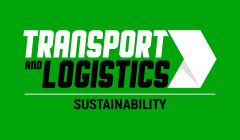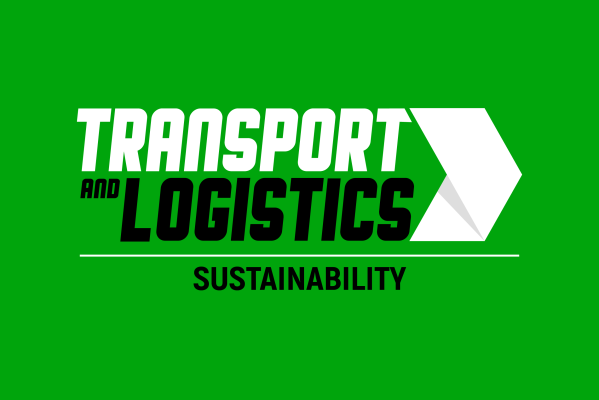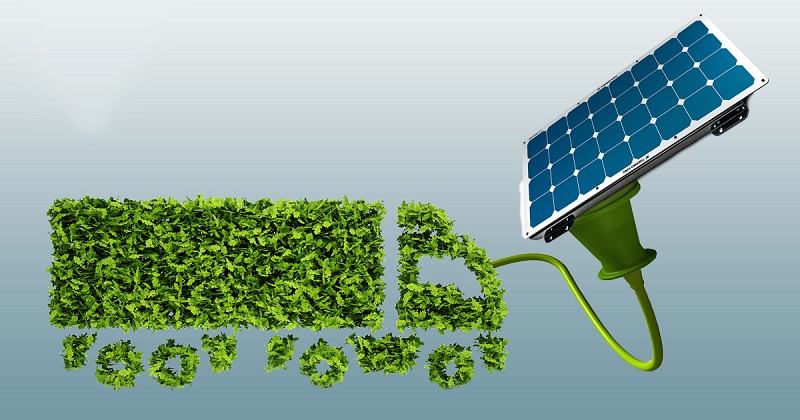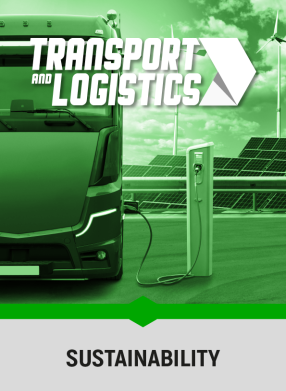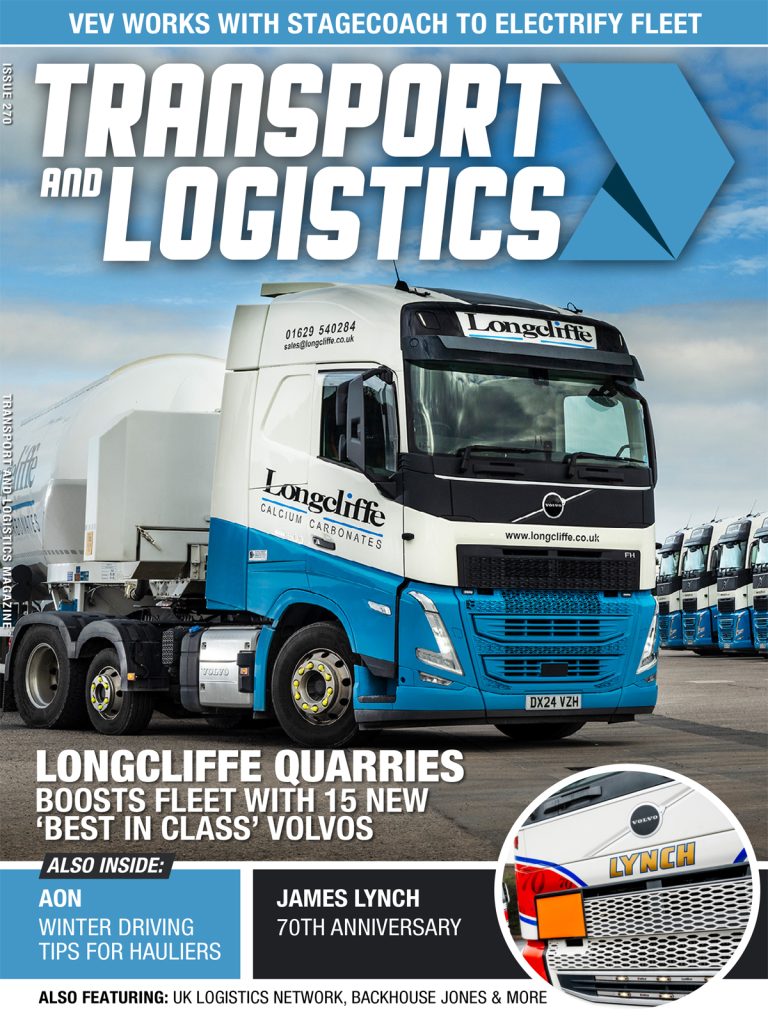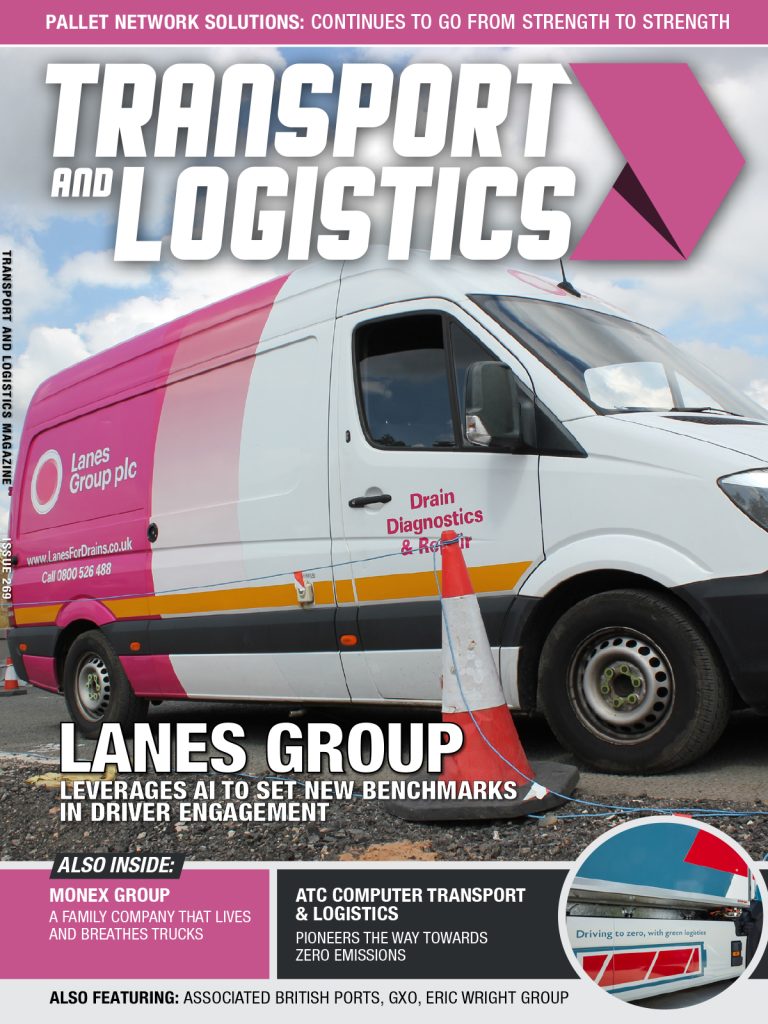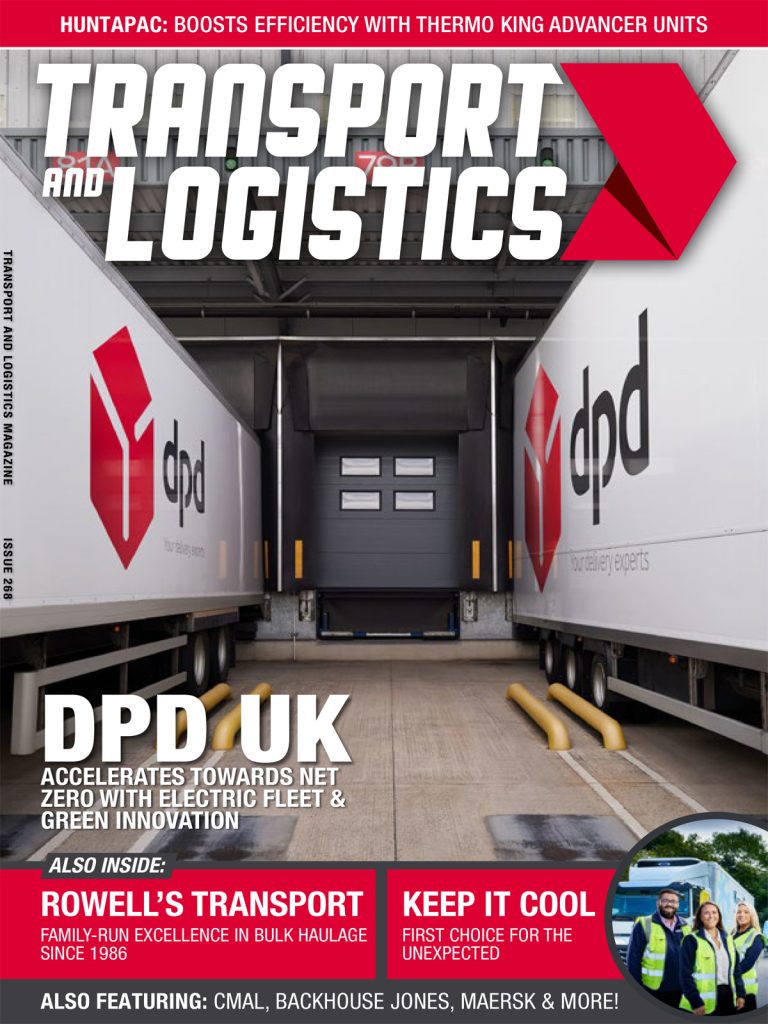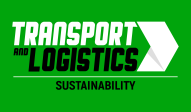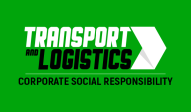Thermo King has expanded its ThermoLite solar panels portfolio, adding to it a more powerful, 110W model designed to provide a sustainable power management solution for reefer units, while reducing their fuel consumption and CO2 emissions. The new panels collect energy in low light to keep the refrigeration unit’s battery fully charged. This eliminates the need to use the engine to charge the battery and reduces fuel consumption by up to 23% and CO2 emissions by 560kg.
“The time is right for fleet owners to invest in renewable technologies that are innovative, reliable and sustainable,” said Gary Mullins, aftermarket product manager at Thermo King. “These new, more powerful solar panels we give our customers a source of sustainable power on the road which increases operational efficiency, reducing their environmental footprint and favourable contributing to sustainability goals.”
The refrigeration unit battery remains continuously charged thanks to the ThermoLite solar panel, which contributes to the continuous operation of the reefer systems. Paired with telematics, it allows transport companies to be in constant contact with their trailers. Fleet managers can access critical unit data at any time – off-road or safely during the journey — to ensure that the load is protected at all times and the unit is running efficiently.
Sustainability is increasingly important in the transport sector, and not just for building environmental credentials. By driving efficiencies across their business, transport organizations can significantly improve operations to boost the bottom line while simultaneously reducing their carbon footprint. The use of renewable energy is a great example of this and it perfectly fits our climate commitment.
Thermo King is a brand of Ingersoll Rand, a company committed to reduce greenhouse gas. Ingersoll Rand’s Climate Commitment has enabled the avoidance of 11 million metric tons of CO2e globally from its products compared to a 2013 baseline, equal to the emissions from the energy used in 1.6 million homes for one year. The company also has reduced the GHG intensity of its operations by 23 percent when compared to a 2013 baseline.
